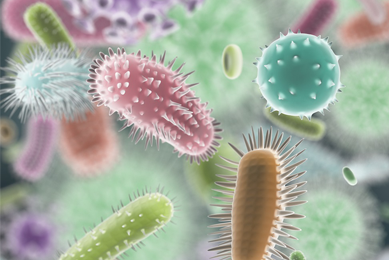 Webinar
Webinar
A Tale of 3 Mummies: A Microbiome Analysis of Life in the Peruvian Andes 1,000 Years Ago
In this webinar, the gut microbiome of three pre-Columbian Andean mummies was characterized using 16S rRNA gene high-throughput sequencing and metagenomics to understand the preservation and evolution of commensal and pathogenic microorganisms and the metabolic processes during the natural mummification of the human gut.
More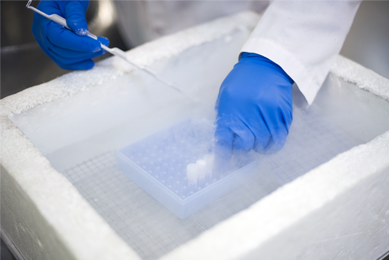 Webinar
Webinar
Best Practices in Cryopreservation
In this webinar an ATCC expert taps into ATCC’s vast experience and shares the best practices for cryopreserving cells that ensure optimal results and performance.
More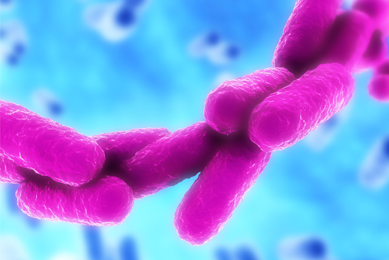 Webinar
Webinar
Carbapenem-resistant Enterobacteriaceae (CRE): A Growing Superbug Population
The emergence and spread of multidrug-resistant organisms in both community- and hospital-acquired infections has resulted in increased morbidity, mortality, and health-care expense. In this webinar, we will discuss the emergence of multidrug-resistant infections with a particular emphasis on the emergence and global spread of carbapenem-resistant Enterobacteraeae strains.
More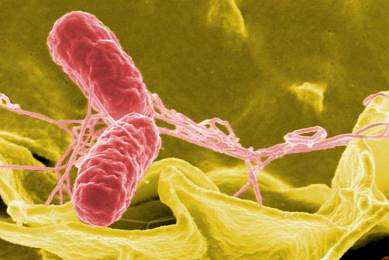 Webinar
Webinar
Discovering ATCC Primary Immune Cells
This webinar presents data showing that ATCC marrow- and blood-derived primary immune cells can be induced to differentiate into various hematopoietic lineages and then used to investigate the immunosuppressive capabilities of primary and hTERT-immortalized mesenchymal stem cells.
More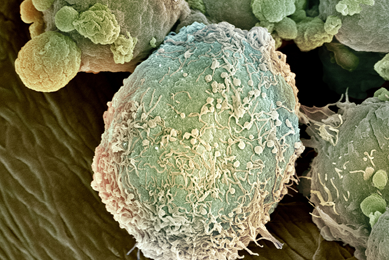 Webinar
Webinar
Functionally Characterized Human PBMCs - An Improved In Vitro Model of Human Immune Response
The majority of PBMC applications rely on highly complex cell-based assays; however, phenotypic and functional variability of human PBMCs makes the development and validation of these assays difficult. This webinar demonstrates that pre-screening characterization of lot-specific functional activity of PBMCs is invaluable for selecting cells to address individual experimental goals.
More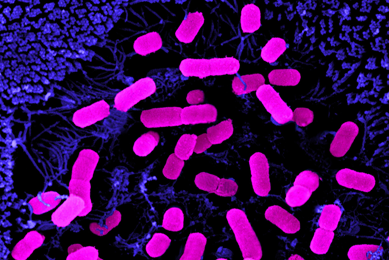 Webinar
Webinar
Improving the Detection of Shiga Toxin-producing Escherichia coli
In the food industry, providing safe products and protecting the company brand is of the utmost importance. In this webinar, we discuss the growing concern on food-borne illnesses, the importance of quality control strains in food safety, and the Shiga toxin–producing Escherichia coli (STEC) reference materials from ATCC that support this need.
More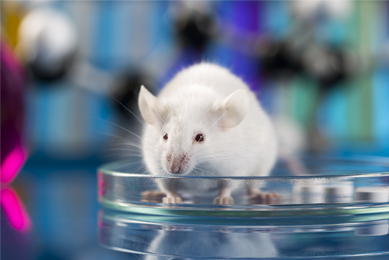 Webinar
Webinar
Inter-laboratory validation of mouse STR markers
NIST and ATCC have partnered in an effort to standardize mouse cell line authentication. This webinar will present an overview of the technology requirements, methodology, and reporting the results of the consortium efforts.
More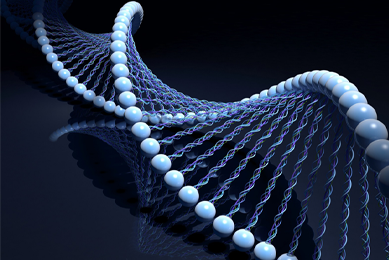 Webinar
Webinar
Quantitated Nucleic Acids - Empowering Molecular-based Assay Development
Molecular diagnostics are essential for directing appropriate therapies for the personalized treatment of cancer patients as well as to identify, track, and quantify pathogenic microorganisms. In this webinar, we discuss the development of quantitative nucleic acids from microorganisms and cell lines and their applications in infectious disease and oncology research.
More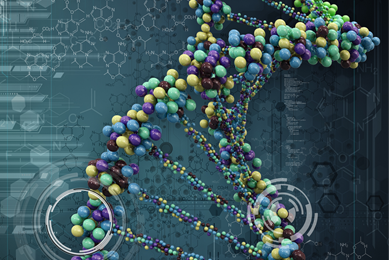 Webinar
Webinar
Solving Identity Crisis in Animal Cells - Best Practices with DNA Barcodes and STR Analysis
Animal cell line identity now requires a comprehensive strategy that employs several complementary technologies. This webinar presents an overview of these technologies to include STR analysis for human cell line identity and CO1 for animal cell line identity will be presented.
More